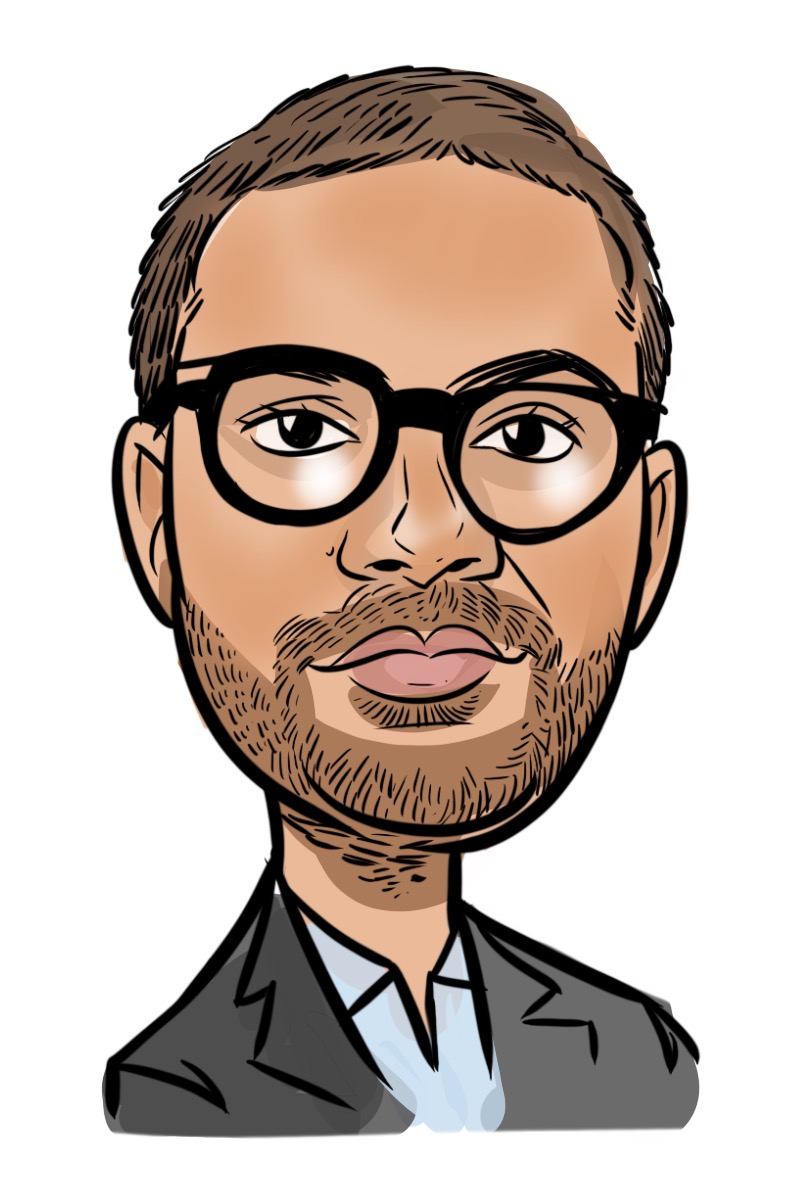Kerela’s Digital Humanist: Who is Anivar Arvind ?

In the heart of India's technological revolution, where the threads of innovation intertwine with the pulses of its diverse cultures, stands Anivar Aravind—a relentless advocate for digital rights and linguistic inclusivity. Born and educated in Kerala, Aravind's journey into the tech world transcended the conventional pathways of a software engineer. His quest was not merely to advance technology but to democratize it, ensuring that every Indian could access and benefit from it, irrespective of their linguistic background.
Aravind's narrative took a pivotal turn with the inception of the Indic Project. This initiative wasn't just a project but a movement to bring Indian languages to the forefront of digital accessibility. Under his leadership, the Indic Project developed tools like the Indic Keyboard, Varnam, and Dhvani—each a testament to the potential of open-source software in bridging language barriers. The Indic Keyboard alone supports 23 Indian languages, facilitating millions to communicate and interact with technology in their native tongues .
However, Aravind's contributions extend beyond software development. He emerged as a vocal critic of the Indian government’s approach to digital policy, particularly concerning privacy and data protection. His activism peaked during the introduction of the CoWIN platform, where he raised crucial red flags about the system's security and the risks associated with mandatory digital health apps [oai_citation:3,Disruptive technologies, demagogic governance: Data (un)democracy in India during COVID-19 · Global Voices](https://globalvoices.org/2022/08/12/disruptive-technologies-demagogic-governance-data-undemocracy-in-india-during-covid-19/) [oai_citation:2,CoWIN breach: ‘No government in a developed country would have survived a data leak of this scale’](https://scroll.in/article/1050852/cowin-breach-no-government-in-a-developed-country-would-have-survived-a-data-leak-of-this-scale). Aravind's critical insights during interviews and panel discussions highlighted the broader implications of unchecked digital governance—where the rush to implement digital solutions often overlooked fundamental rights to privacy and consent [oai_citation:1,Summary Report – Revisiting Aadhaar: Law, Tech and Beyond [May 9, 2017; New Delhi] • Software Freedom Law Center, India](https://sflc.in/summary-report-revisiting-aadhaar-law-tech-and-beyond-may-9-2017-new-delhi/).
Despite the acclaim and the progress, Aravind remains grounded, driven by a vision that technology should serve the people, not govern them. His story is not just about technological feats; it's about envisioning a future where technology uplifts every segment of society, respects individual rights, and celebrates the cultural diversity that defines India.
Through the lens of Aravind's life and work, we see not just the portrait of a technologist but a visionary who dares to imagine a digitally inclusive world. His ongoing journey is a compelling reminder of the power of technology when wielded with conscience and an unyielding respect for human rights.
References :
1. [ICANNWiki on Anivar Aravind](https://icannwiki.org/Anivar_A_Aravind) - Provides background on Anivar Aravind's education and initial tech involvements.
2. [Indic Project Official Site](https://indicproject.org/) - Details about the tools developed under the Indic Project.
3. [Global Voices - CoWIN and Digital Rights](https://globalvoices.org) - Discusses Aravind's activism and concerns with the CoWIN platform.
4. [Scroll.in Interview](https://scroll.in) - Features Aravind's critique on digital health apps and government policies.
5. Image credits - ICANNWIKI
Disclaimer :
AI tools were used to assist in writing.
Comments
Post a Comment